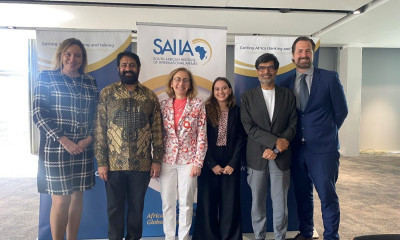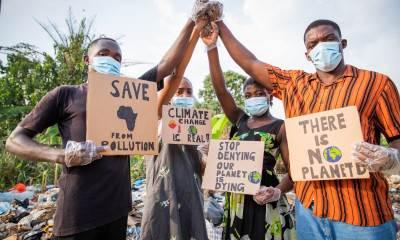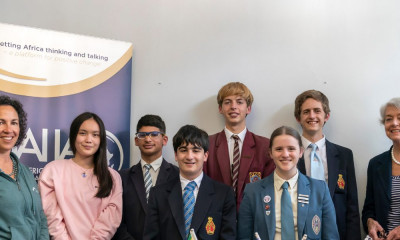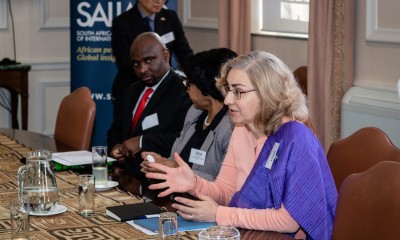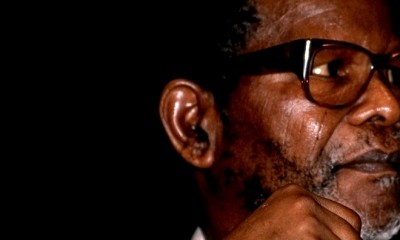The Palgrave Handbook of Development Cooperation for Achieving the 2030 Agenda has just been published. SAIIA’s Chief Executive Elizabeth Sidiropoulos is one of the editors and authors. The book is a collaborative effort of international researchers and practitioners across disciplines and has its roots in the cooperation among the following institutions that also partner in the Network of Southern Think Tanks: the China Agricultural University, the German Development Institute/Deutsches Institut für Entwicklungspolitik (DIE), the Institute for Applied Economic Research, the Research and Information System for Developing Countries, and the South African Institute of International Affairs.
Development actors, including governments providing aid or South-South Cooperation, developing countries, and non-governmental actors (civil society, philanthropy, and businesses) constantly challenge underlying narratives and norms of development. The book explores how reconciling these differences is essential to achieve the Sustainable Development Goals.
The book is open access.
“This book offers a sound and clear understanding of the narratives, norms, and institutions as far as development cooperation in the context of Agenda 2030 is concerned.
“The authors emphasise the role of collective action as a method to foster the attainment of global policy frameworks such as Agenda 2030 across national, regional, and global levels, and diverse policy areas. However, regardless of the mechanism set to attain the SDGs, they doubt that its attainment is still feasible due to the characteristics of power struggles and unresolved contestations surrounding this global development agenda … I consider this book as a very important contribution to the current debates on the future of development cooperation, especially as we embark in the uncertainties of a post-COVID-19 era.”
– Ibrahim Assane Mayaki, Chief Executive Officer of the African Union Development Agency-NEPAD (AUDA-NEPAD)
“Why should countries help others to develop? How should their efforts be organised? This magisterial tome provides deep insights from almost 50 experts from around the world on the conceptual issues involved and public policy implications. The future of the planet and its soon-to-be nine billion inhabitants depends on sustainable development. This book helps us understand how to get there.”
– Homi Kharas, Senior Fellow for Global Economy and Development, Center for Sustainable Development at The Brookings Institution



